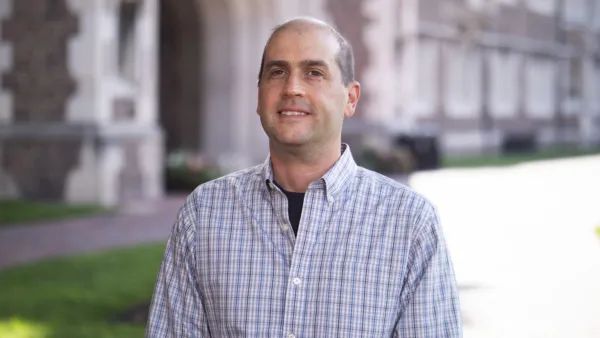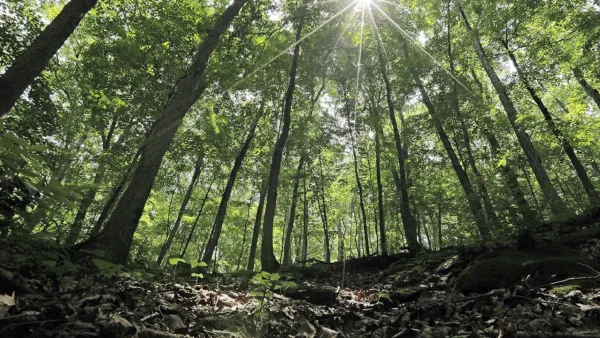Professor Fike is interested in the detailed working of global biogeochemical cycles, their evolution over Earth history, and their impact on biological evolution.
Professor Fike leads the Stable Isotope Biogeochemistry Group, who focus on using geochemical analyses (predominantly those of the stable isotopes of carbon, nitrogen, oxygen, and sulfur) to understand biogeochemical cycling in the modern and the ancient. They make use of both gas-source isotope ratio mass spectrometers (IRMS) and secondary ion mass spectrometry (SIMS), including our new Cameca ims 7f/geo instrument installed in Dec 2013.
His work in Stable Isotope Biogeochemistry involves the analysis and interpretation of the stable isotopic compositions of a variety of elements that make up minerals and organic matter. In the modern, stable isotope biogeochemistry is used to understand biological cycling within microbially-dominated environments (e.g., microbial mats, or marine sediments), reconstruct larger-scale ecosystem dynamics and food webs, and trace the development of human agriculture (e.g., the spread of maize domestication). Isotope studies of carbon and sulfur in sedimentary strata provide one of the most powerful tools for reconstructing environmental change throughout Earth history, particularly oxygenation events during both the Paleoproterozoic (~2.2-2.5 billion years ago) and the late Neoproterozoic (~635 - 541 million years ago). On a global-scale, these isotopes provide the best estimate for global biological productivity as well as the burial of both reduced carbon (organic matter) and sulfur (pyrite), which are the two dominant factors that regulate atmospheric oxygen levels (pO2). Ongoing projects include mapping the evolution of carbon and sulfur cycling during the course of the Cambrian ‘Explosion’ using sedimentary carbonates from the Anti-Atlas Mountains of Morocco, the deposition of Ediacaran and Phanerozoic sulfate evaporites, the study of modern acidic sulfates as analogs for Martian environments, and the mapping of micron-scale sulfur cycling in modern microbial mats and sedimentary environments. These projects combine a mixture of fieldwork, laboratory extractions and isotope analyses, and modeling.
To learn more about current research projects in Professor Fike's laboratory, visit the laboratory website.




